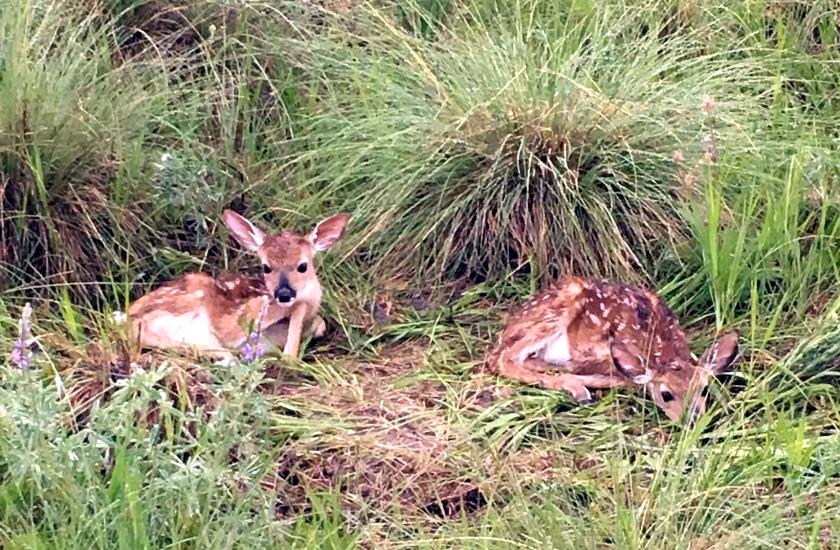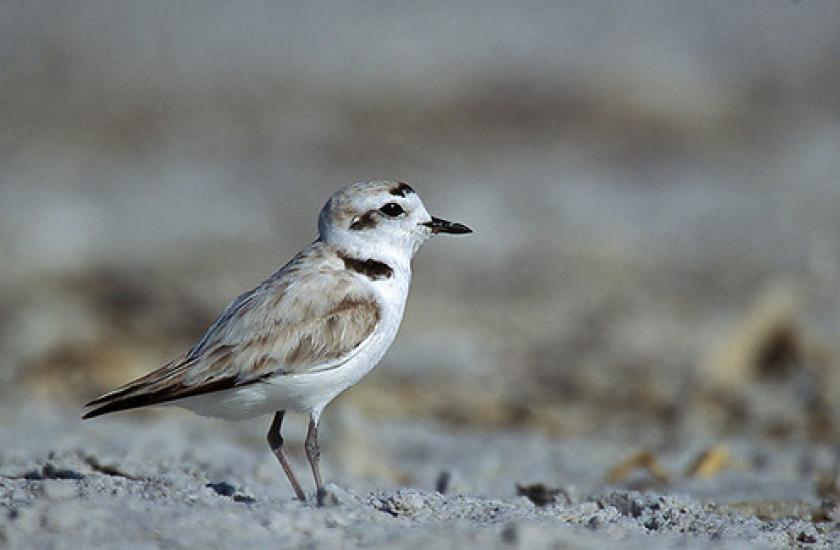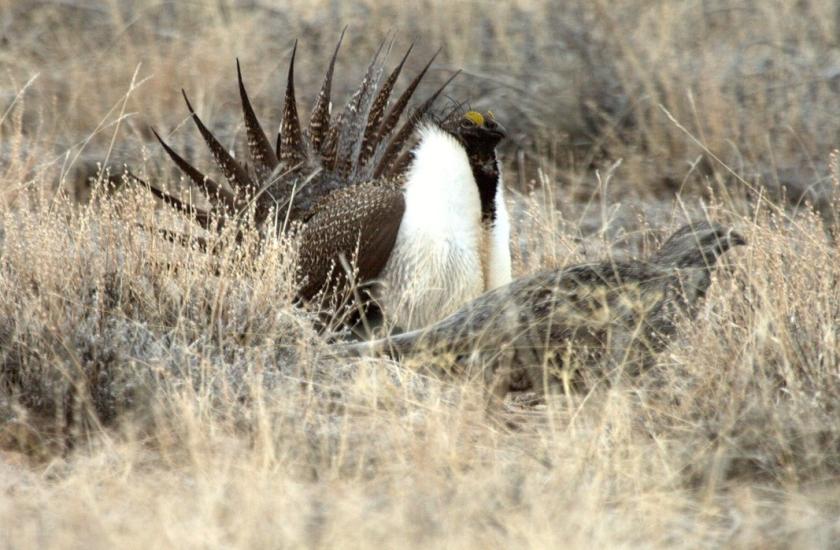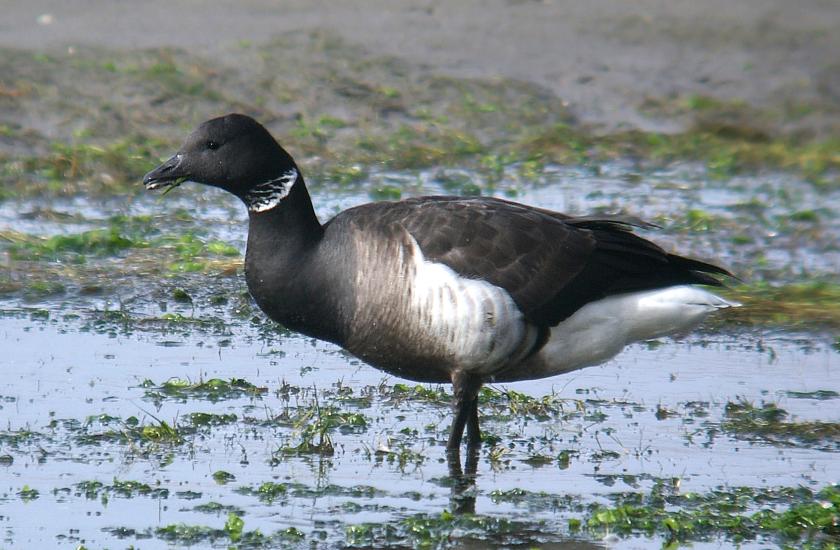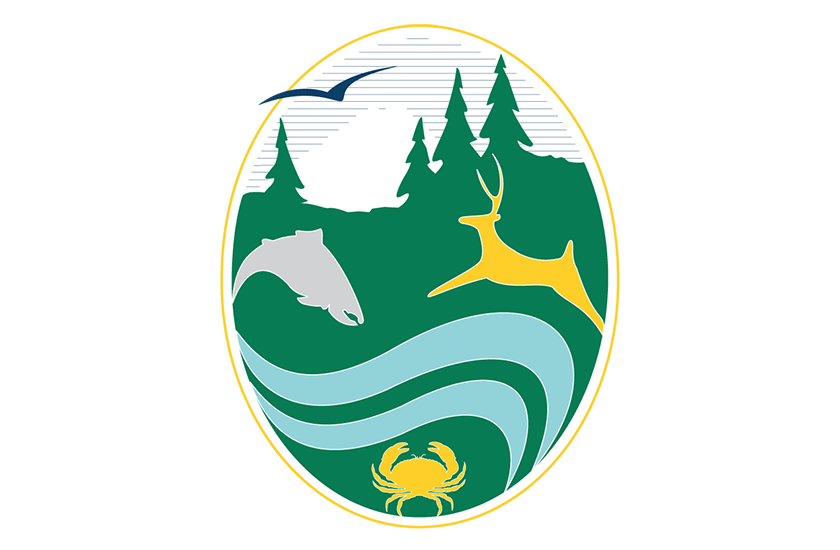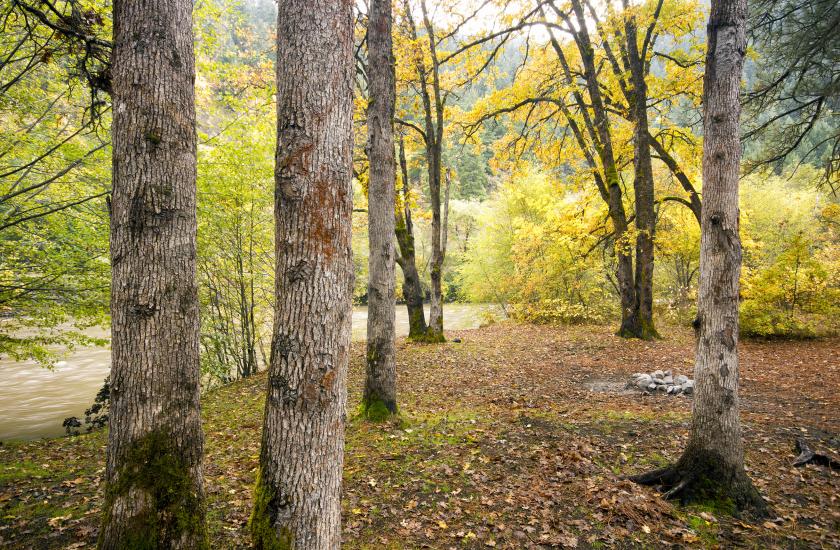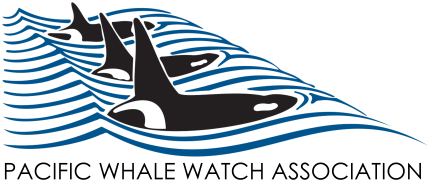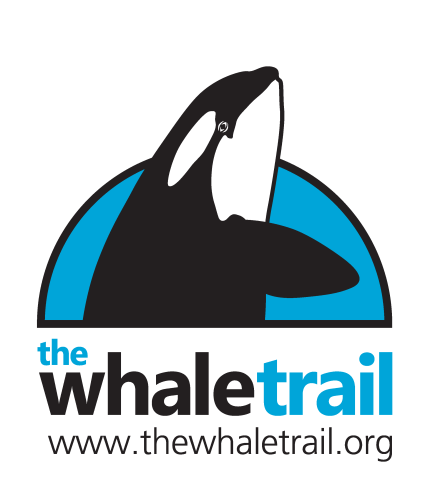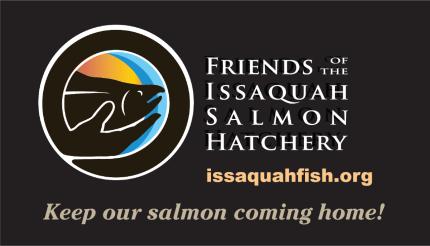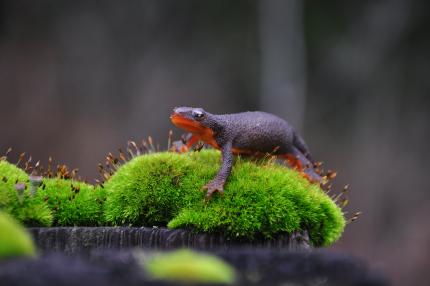
Wildlife can be found anywhere in the state of Washington. From backyard chickadees to the orcas of the Salish Sea, there is a spectacular array of wildlife to witness.
Whether you are outside on a WDFW wildlife area or water access area or inside on your couch looking at fish and wildlife web cams, there are a variety of ways you can experience wildlife!
Plan your wildlife viewing adventure
Wildlife watching can be as simple or as in-depth as you would like to make it. As you begin, remember the following:
Wildlife viewing locations
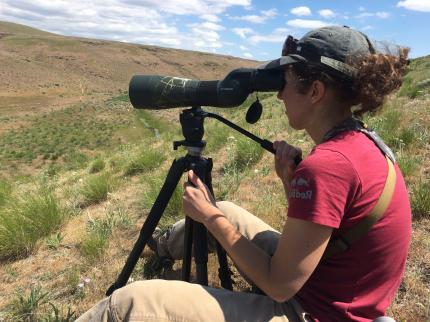
WDFW manages more than 1 million acres of public land where you can experience wildlife and explore with friends, family, or on your own. Find a wildlife area or water access area near you, or just explore your local neighborhood, park, beach, or yard. Wildlife can be found anywhere!
Additional places to explore
Wildlife in Washington
There are thousands of animal species in Washington, including mammals, birds, amphibians and reptiles, fish, and invertebrates. Check out more about these species and their habitats.
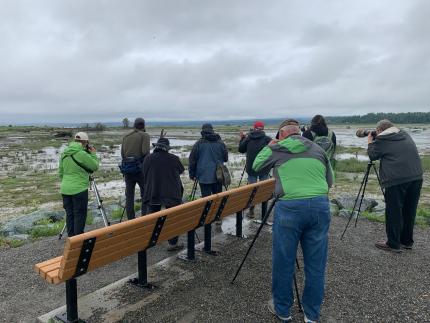
Be prepared
Before going outdoors, know where you are heading and bring essentials. Pack clothing and items that will suit all weather conditions, such as sunscreen, a jacket or two, and appropriate footwear. Always have plenty of water and snacks. When looking for wildlife, it’s helpful to have binoculars or ID guides, although they are not required. Respect local guidelines and restrictions when it comes to land, trail, and park closures.
Don’t forget parking! Visitors to WDFW-managed lands and water access areas must have either a Discover Pass or Vehicle Access Pass to park. You may be able to borrow a Discover Pass from your local library.
Be respectful
People appreciate wildlife in many ways, from hunting and tracking to birding and photography. While you enjoy time outside, be mindful of how your actions may impact others, including wildlife. Give wildlife plenty of space and be inclusive with others when enjoying the outdoors. Learn more about wildlife viewing ethics.
Contribute to science
Photos of wildlife can inspire others to get outside and enjoy being in nature. Not to mention, we love to know what you encounter! Share your experience with WDFW and share your photos.
You can also share your wildlife observations on community science platforms such as eBird, iNaturalist, or WDFW’s Report Wildlife Observations webpage.
Connect with wildlife wherever you are
You can experience wildlife from your balcony or living room couch using the resources below.
What to do if you spot wildlife in distress
Orphaned or injured wildlife
If you see an animal that could be orphaned or injured, learn what to do next. In the event of an immediate public safety issue, wildlife violation, or dangerous animal, please call 911. For non-emergency issues, please contact the WDFW Enforcement office at 360-902-2936 or email enforcement-web@dfw.wa.gov.
Marine wildlife in distress
Marine mammals are protected under the Marine Mammal Protection Act. To report a dead, injured, or stranded marine mammal, please call the National Oceanic and Atmospheric Administration (NOAA) West Coast Region Stranding Network hotline at 1-866-767-6114.
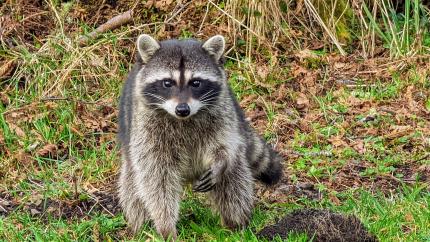
Nuisance wildlife
WDFW offers guidance and information on how to deal with problematic animals on and around your property. Search the resources available to help with nuisance wildlife.
Support watchable wildlife opportunities
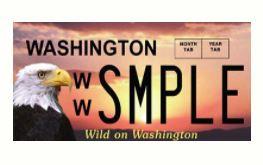
Wildlife viewing activities, such as the development of wildlife watching trails and webcams, benefit each time a Washington resident buys a wildlife watching plate featuring a bald eagle. Purchase yours today!
Wildlife viewing tips and tricks
It is recommended that you review the following guidelines to have a safe, rewarding, and responsible wildlife-viewing experience.
- Wildlife Viewing Tips and Tricks from WDFW
- Tips for sharing WDFW managed lands during hunting seasons
- Birding ethics from the American Birding Association
- Bird photography and videography tips and ethics from the Audubon Society
- Wildlife photography tips and ethics from the Washington Trails Association and National Geographic
- Orca whale watching from WDFW
